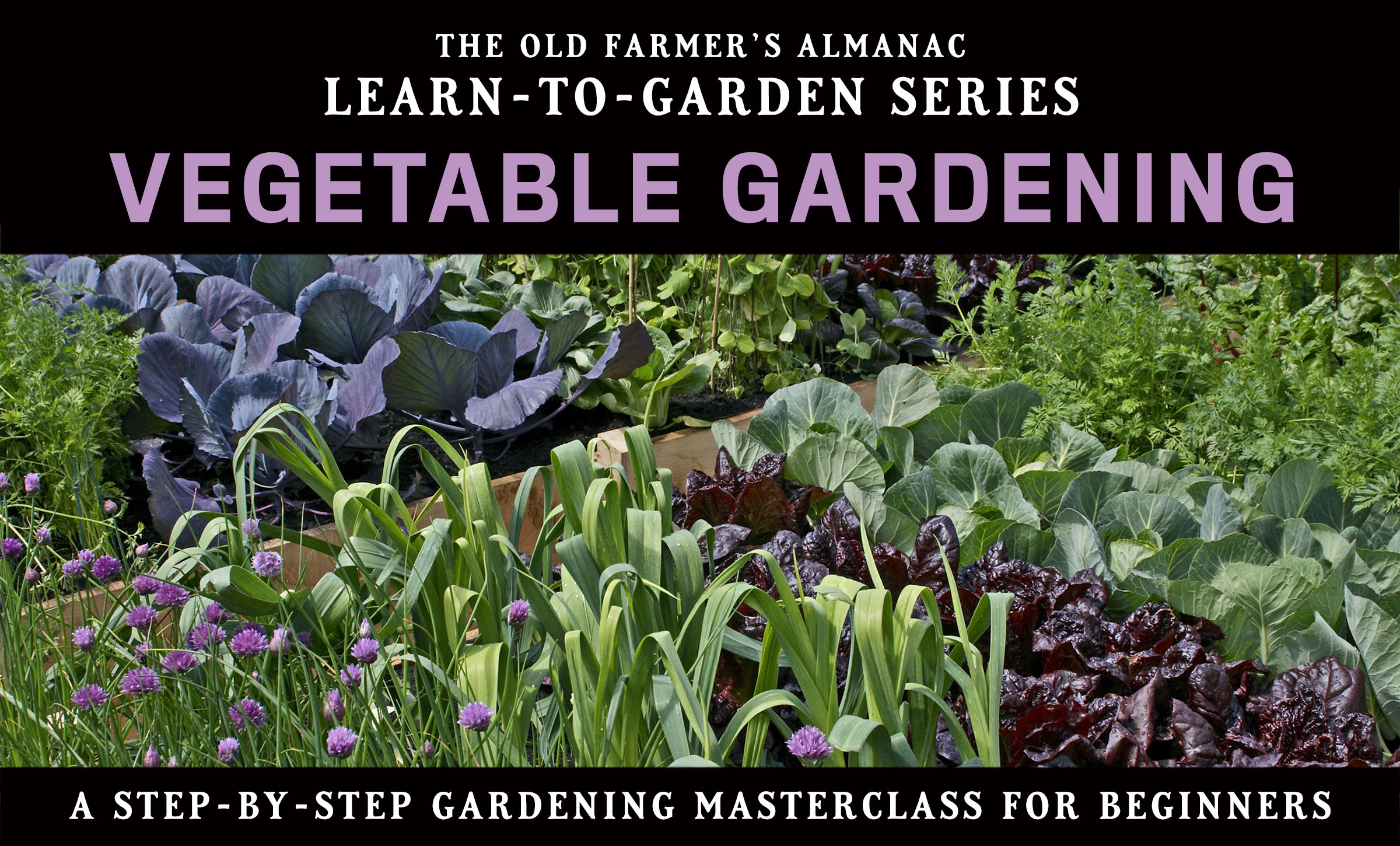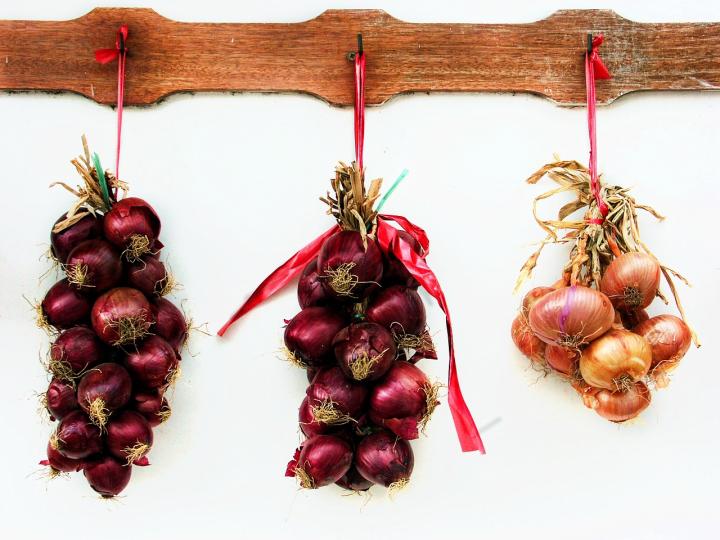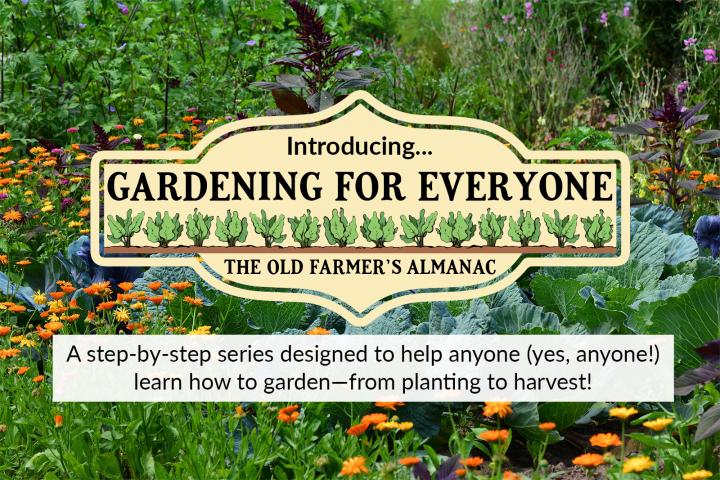
How to Properly Store Home-Grown Fruits and Vegetables

Getting Started
Planning For a Garden
Planting a Garden
Plant Growing and Care
Harvesting and Storing Vegetables
ADVERTISEMENT
Decided to make myself a chart for storing veggies. We're in Canada and had the Centigrade scale forced on us as adults & while some temperatures and distances have become 3rd nature (like 32=0/ 98.6=37/61=16/50=10/72=22 for temp., and 60mph=100km/hr ish), our brains are wired for Fahrenheit & miles! So thanks for thinking of us Centigradians! However, while mining this great article to make my chart I found an error that someone might inadvertently use & freeze their onions! .... "Group 3: Cool and Dry-These require conditions that are cool, 40° to 50°F (0° to 10°C), and dry (under 60% humidity). You might like to fix this zero! (I didn't go back to check the rest.) Thanks!
Great read - thank you for all of the information!
.....or you can share your harvest with those in need. There are nearly 8,300 AmpleHarvest.org member food pantries in 5,600 communities across all 50 states, and on Native American reservations too - each eager for you to donate your surplus harvest.
Visit www.AmpleHarvest.org to learn more and share your bounty.
For decades I've used large trash bags filled with leaves I rake up in the fall. Just before the ground freezes (early November here in NH) I place these filled bags over my carrots and parsnips. Right over the foliage, making sure the rows are completely covered. When I need fresh carrots or snips, I move the bag(s) and dig up fresh produce. Ground never freezes under the insulating bags. Veggies taste awesome. Con: snow removal is a pain. More shoveling! But worth it for me anyway! I've been planting the Danvers Half Long variety of carrot, and Andover Parsnips. In the spring, I add the leaves to the yard waste compost pile.
Would love this topic to be addressed for those of us who live in warm climates (I.e. Florida). We can grow our share of root vegetables but finding a place indoors or out that maintains a below 60 degree temperature is not a reality (even in winter).
Replying to Katie. We have an older used refrigerator we keep in the shop. Each fall we fill it with boxes or fabric bins of onions and maintain 40 degrees. The onions will last over a year. Just remember some vegetables should not be stored with other vegetables or fruits. Like the apples giving off ethylene gas for example
Found information on Storing potatoes extremely helpful We have a northeast corner of the basement dark humid got shelves I store the canned goods there thought would be too damp for homegrown potatoes I have cardboard boxes I thought I could put the potatoes in a single layer Going to try the last 2 shelves close to the floor and old sheet to keep out light the only light would be from flourestant that I turn on to get something from the freezer skim the sauerkraut get canning or baking stuff out
My home is a pier and beam home, thus I have a large space under my house that is about 3 1/2 feet deep and the size of my home. I have two accesses to this space. Would I be able to use this area for storage? Like a root cellar?
As long as the space is pest-proof, protected from the elements, and dry enough (so no mold occurs), it should be usable as a root cellar.
I have an area in the basement that I can re-purpose as a root cellar. How do I keep from attracting mice into the basement over the winter? If I use closed containers, I am thinking that the veggies would get moldy. Your advice is greatly appreciated.














